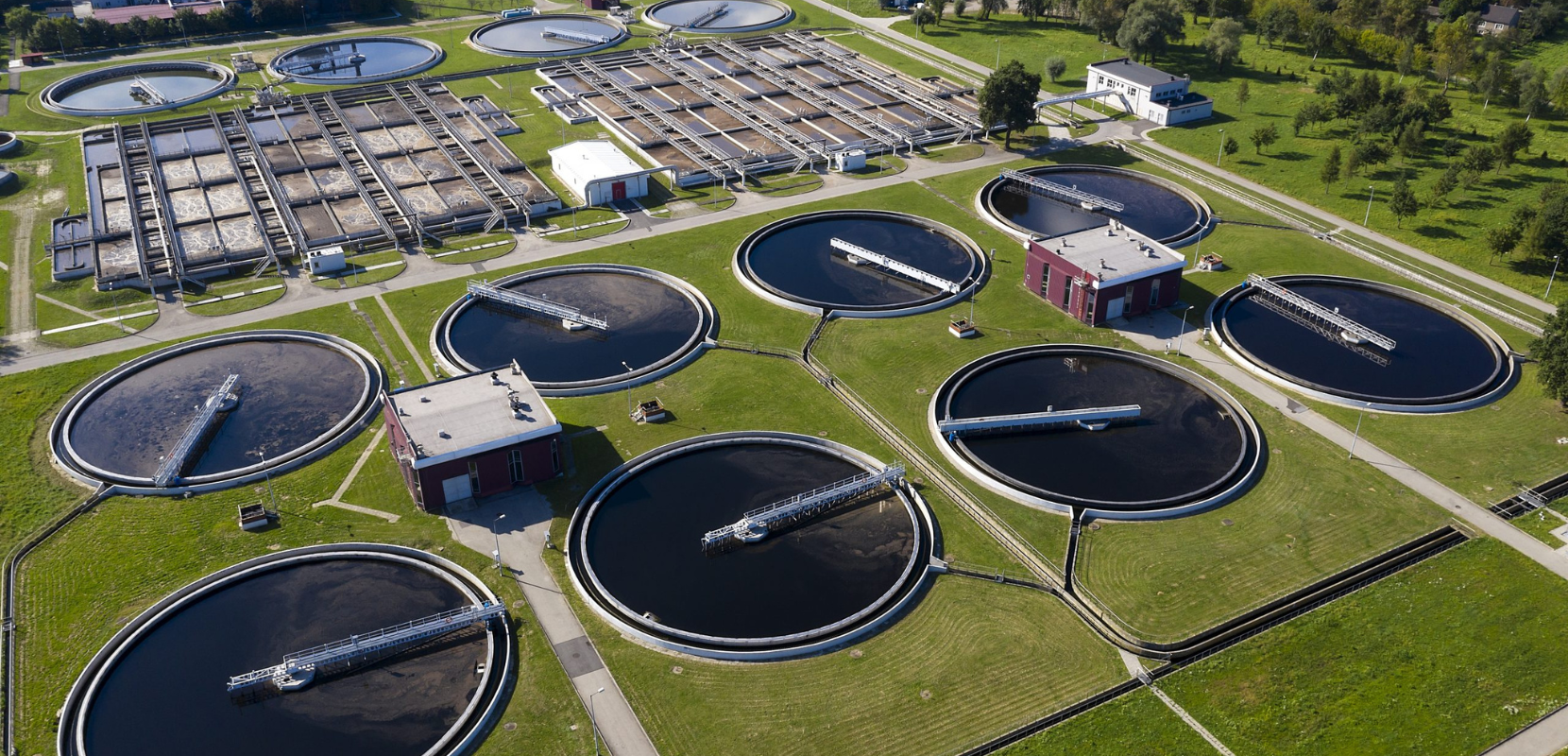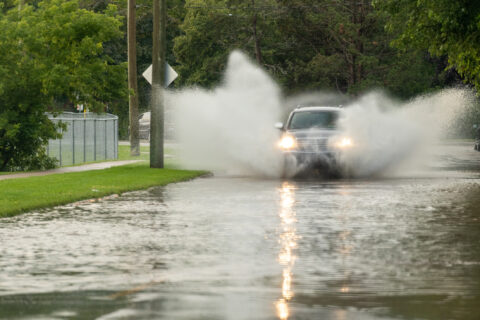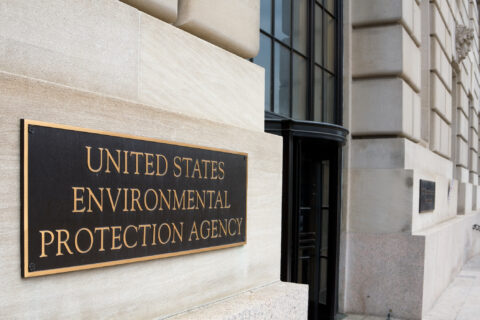Local governments provide over 95 percent of the total funding for U.S. water infrastructure. With the nation’s growing water infrastructure needs, it is evident that our country must make substantial investments to repair and replace our nation’s aging water delivery and treatment systems. Moreover, the impacts of climate change will exacerbate current water infrastructure challenges, as well as create new challenges around both water quality and availability. These changes must be taken into consideration as we’re thinking about new infrastructure investments—in order to save taxpayer dollars and protect our physical infrastructure and the health and safety of residents. The use of green and natural infrastructure is one solution that can provide a multitude of community benefits, including stormwater management, extending the life of physical infrastructure, saving cities and taxpayers money, building community resilience, enhancing recreation opportunities and positive impacts on public health and well-being.
Additionally, in 2020, communities struggled to maintain essential services, such as clean and safe water, and keep essential workers on the job during the pandemic. This, however, has come at a high cost to water utilities, which are overwhelmingly funded by local ratepayers, and are now facing a significant drop in revenue essential to providing water service, continuing operations and making capital investments. At the same time, local governments faced a record number of climate-related disasters, such as wildfires, extreme heat, and hurricanes, which further increased fiscal pressure on local governments, residents and businesses.
The impacts of climate change and extreme weather events pose an especially pressing threat to persons with disabilities, economically disadvantaged households, the elderly, Black, Indigenous and People of Color (BIPOC), and other vulnerable populations. The coronavirus pandemic highlighted the inequities and historical policies and underinvestment that have long existed in our communities. Similarly, America’s parks have never been more in demand than they are during the pandemic, making inequities in access to outdoor spaces more acute. For these reason, local leaders are prioritizing equity in their infrastructure investments for water, climate change and community resilience, and parks and green/natural infrastructure.
City Priorities
Financing, Funding, Flexibility
To meet the nation’s growing water infrastructure needs, address the impacts of climate change on our water resources and to ensure equity and affordability for low- and fixed-income ratepayers, the federal government should recommit to being a significant partner with local governments by providing financing, funding and flexibility.
Address climate change and build resilient communities
NLC calls on the federal government to:
- Take urgent action to reduce greenhouse gas emissions across multiple sectors of the economy, including energy production, building efficiency, and transportation networks, and become carbon neutral to mitigate the effects of climate change and hold warming to 1.5°C.
- Provide financial and technical assistance to support local government vulnerability assessments and adaptation implementation efforts, and support programs that will help communities reduce the risks from disasters and natural hazards, such as the FEMA Building Resilient Infrastructure and Communities (BRIC) program.
- Require consideration of climate-related risks and vulnerabilities as part of all federal policies, practices, investments, regulatory and other programs.
Invest in parks and green infrastructure
NLC urges the federal government to support investments in local parks and green infrastructure, which will provide a multitude of community benefits, ensure equitable access to outdoor recreation opportunities and instill a new generation of conservation and environmental stewardship.
Legislation NLC Supports
- H.R. 1915 – Water Quality Protection and Job Creation Act (bipartisan) to reauthorize the Clean Water State Revolving Fund and the sewer overflow control grant program to help communities to better manage their wet weather flows and invest in green infrastructure and water and energy efficiency projects. NLC letter of support.
- S. 914 – Drinking Water and Wastewater Infrastructure Act (bipartisan) to reauthorize the Clean Water and Drinking Water State Revolving Funds and provide federal financing and funding for drinking water, wastewater and stormwater management and programs that support resilience, innovative technologies, workforce development and watershed/source water protection, among others. NLC letter of support.
- H.R. 1881 – to modernize the National Pollutant Discharge Elimination System permitting process (bipartisan) to allow states with delegated authority the ability to issue a permit to a municipality of up to ten years. March 12 floor speech by Rep. John Garamendi (D-CA).
- H.R. 1848 – LIFT America Act to invest in our nation’s drinking water infrastructure through the Drinking Water State Revolving fund and grants to address lead pipe replacement and PFAS drinking water contamination. The bill also supports clean energy investments through the Energy Efficiency and Conservation Block Grant. NLC social media statement.
- H.R. 425 – to reauthorize and expand the Energy Efficiency and Conservation Block Grant (bipartisan) to help local governments promote energy efficiency and advance renewable energy projects, thereby increasing energy independence and reducing greenhouse gas emissions. NLC letter of support and online action.
- H.R. 2482 MICROGRID Act to address the harm blackouts, grid outages and public safety power shutoffs have on local communities due to increased extreme weather events by incentivizing the buildout and deployment of microgrids, which can provide backup power during emergencies. April 13 press statement by Rep. Jimmy Panetta (D-CA).
- Outdoors for All Act (bipartisan) to codify and establish a dedicated funding source for the Outdoor Recreation Legacy Partnership (ORLP) program, a competitive grant that helps communities create and improve parks and other outdoor recreation areas to improve public access, particularly in disadvantaged or low-income communities. Feb. 26 press statement by Rep. Nanette Barragan (D-CA).
- S. 487/H.R. 1162 – 21st Century Conservation Corps Act to scale the existing network of Service and Conservation Corps and other organizations to engage young adults and recent veterans in conservation, resource management and sustainable infrastructure jobs.










